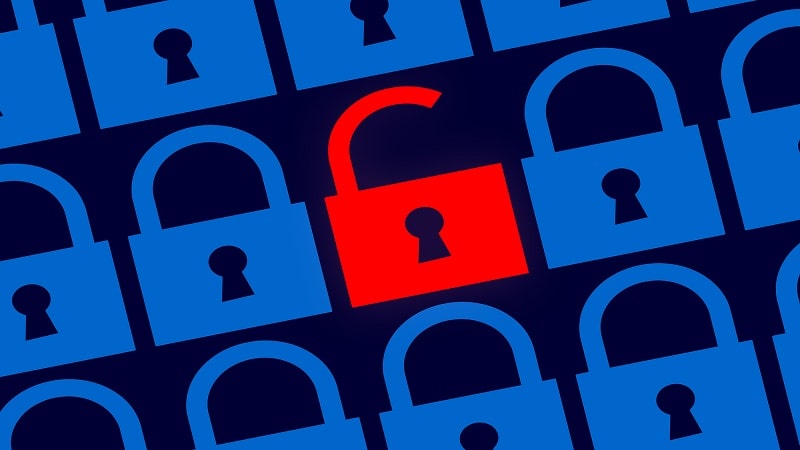
A bipartisan bill aimed at creating a pilot program within the Department of Education to strengthen cybersecurity education has been reintroduced in the House of Representatives.
The Cybersecurity Skills Integration Act, sponsored by Reps. Jim Langevin, D-R.I., and GT Thompson, R-Pa., would create a $10 million pilot program within the Education Department that would award competitive grants to career and technical education programs that integrate cybersecurity into their curricula.
The bills cosponsors, who chair the Congressional Career and Technical Education (CTE) Caucus, also said the bill would require the Department of Education to coordinate with the Department of Homeland Security (DHS) when awarding grants. DHS is responsible for defending the sixteen critical infrastructure sectors from cyberattacks, and works closely with the National Institute of Standards and Technology, which is tasked with “promoting a robust ecosystem of cybersecurity education and training.”
“Protecting our critical infrastructure from malicious hackers is a top national security priority, but we need a workforce equipped with the proper skills to do it,” said Rep. Langevin. “Now is the time to double down on our investments in CTE and cybersecurity education, so that we can develop the critical infrastructure workforce needed to meet the challenges of the 21st century.”
In a press release, Reps. Langevin and Thompson explain that within critical infrastructure sectors – including telecommunications, agriculture, and healthcare – a workforce with basic cybersecurity skills is essential to public safety.
“Our society is increasingly reliant on cyber technologies for our most critical infrastructure. As bad actors increase cyber-attacks, we must ensure we are protecting our most sensitive data,” said Rep. Thompson. “This legislation empowers the next generation of learners to have the most sophisticated and comprehensive education to better protect our essential systems and assets for years to come.”
However, the congressman noted that many training programs in the critical infrastructure fields do not place the same emphasis on cybersecurity as they do on physical safety. The bill would address this issue by helping to close the cybersecurity skills gap and better prepare people to defend the country’s critical infrastructure.
The legislation has already received praise from education advocacy groups.
“Cyber technology is evolving daily, and with that, a skilled workforce capable of responding to critical threats is required,” said LeAnn Wilson, executive director of the Association for Career and Technical Education. “This legislation will help ensure that learners training at postsecondary institutions for these key positions will have the skills they need to be successful and enter a rewarding career path in protecting and maintaining critical infrastructure across the country.”
The bill was initially introduced in March of 2019 by Reps. Langevin and Thompson, along with six additional bipartisan co-sponsors. Currently, there is not a companion bill in the Senate.
When it was initially introduced, even the bill’s co-sponsors acknowledged a key flaw in the legislation – it does not address the shortage of qualified cybersecurity instructors.
“Kind of the sad fact is, you know a lot of it – these are in-demand positions, so sometimes what we pay our instructors is nowhere close to what they could make working in the private sector practicing their trade, their skills, their profession,” Rep. Thompson said at the time.
The bill, he said, addresses the problem in an indirect way. It’s possible, the congressman said in 2019, that businesses would lend employees as adjunct faculty for programs like these because it is an investment the businesses would benefit from.
